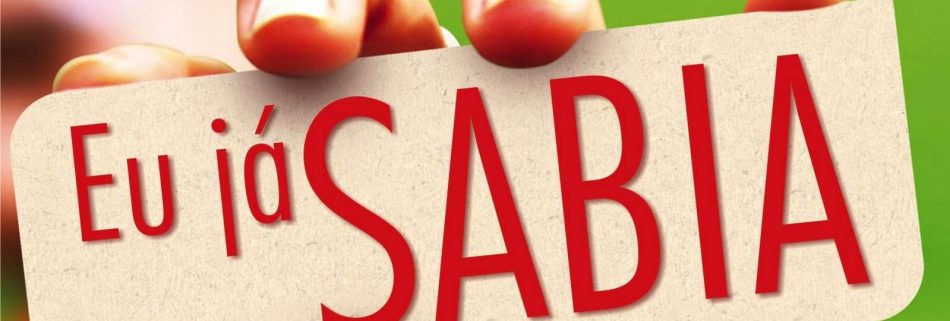JzzZZahhh
That's how it's pronounced.
Brazilians love to use this adverb so much that you will hear it all_the_time.
That's because there are many different ways they use it. Já in Portuguese can mean many different things. Let's look at the most common. The first thing you need to know, is that it always keeps the core meaning of already. But it's used in other surprising ways to say things like:
- now that…
- be right back…
- as soon as…
*And then there is the slang já é… but that's covered in another post here.
Let's do the standard usage first: Already
*Note also that you can reverse the order for creative effect: Já estou cansado = Estou cansado já.
Now that...
be right back *heard all the time on TV just before a commercial break: "Voltamos já, já!"
ALSO: You can add emphasis and repeat the já 2 or 3 times!
AND also:
QUESTION: Você já falou com a Andrea?
ANSWER: Já.
What about the image at the top of this post? ➜ Eu já sabia!
I was hesitant to actually cite this as an example because it's showing the verb SABER in the imperfect past tense : sabia. It could have been, Eu já soube! (I already knew!) -- But that's rarely said whereas Eu já sabia (or just, eu sabia) is used all_the_time to say, I knew it!

 the Imperfect Indicative
the Imperfect Indicative
Comentários